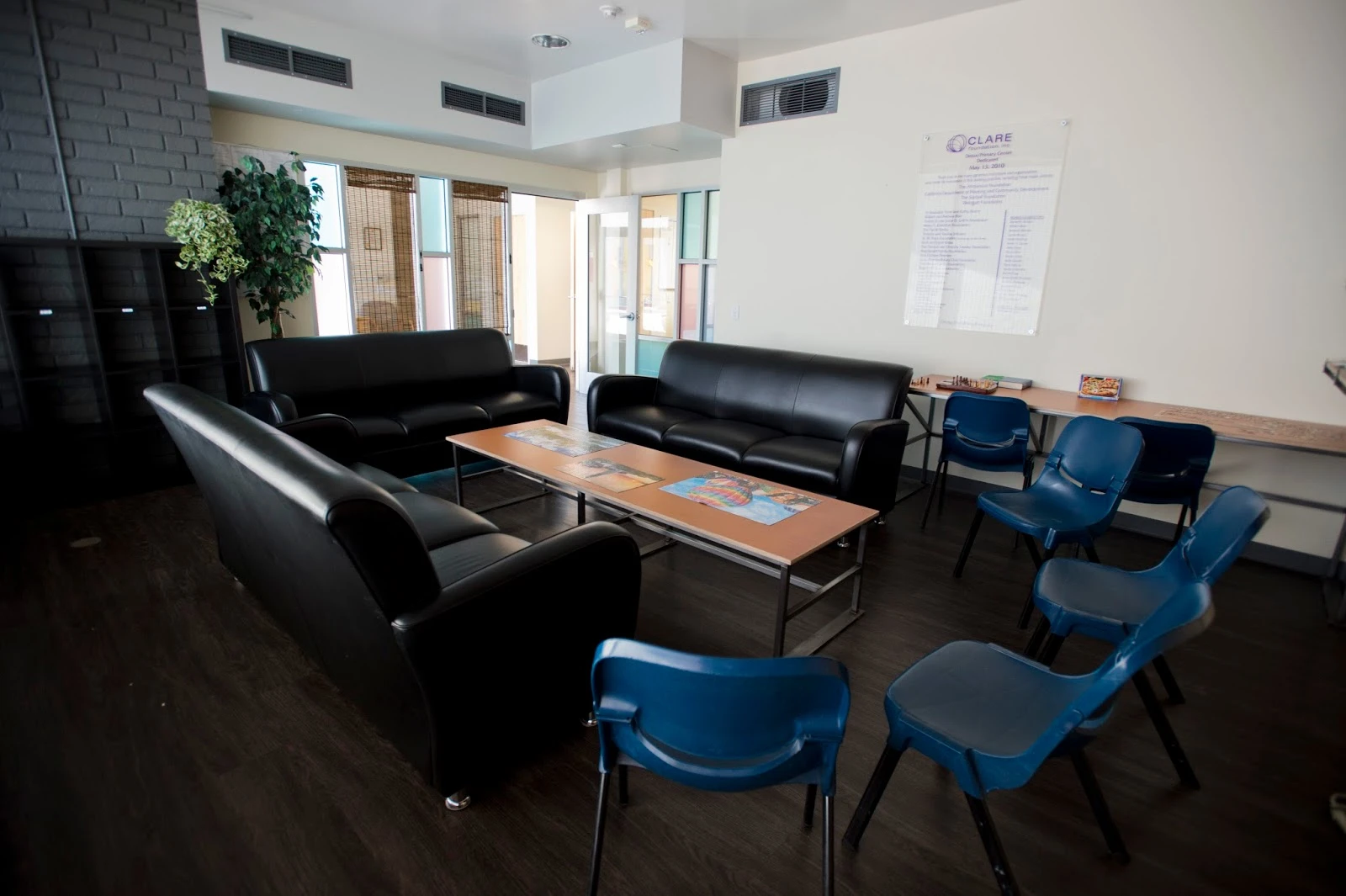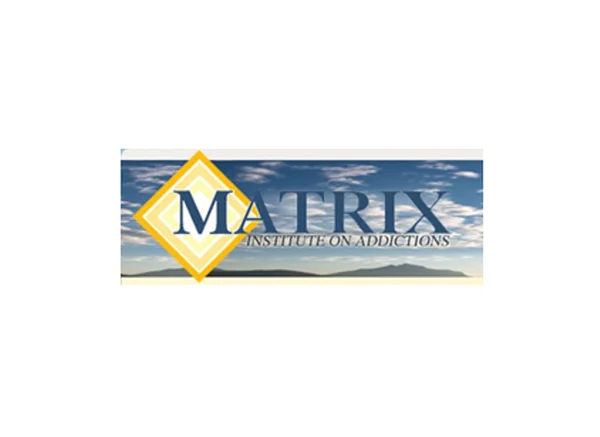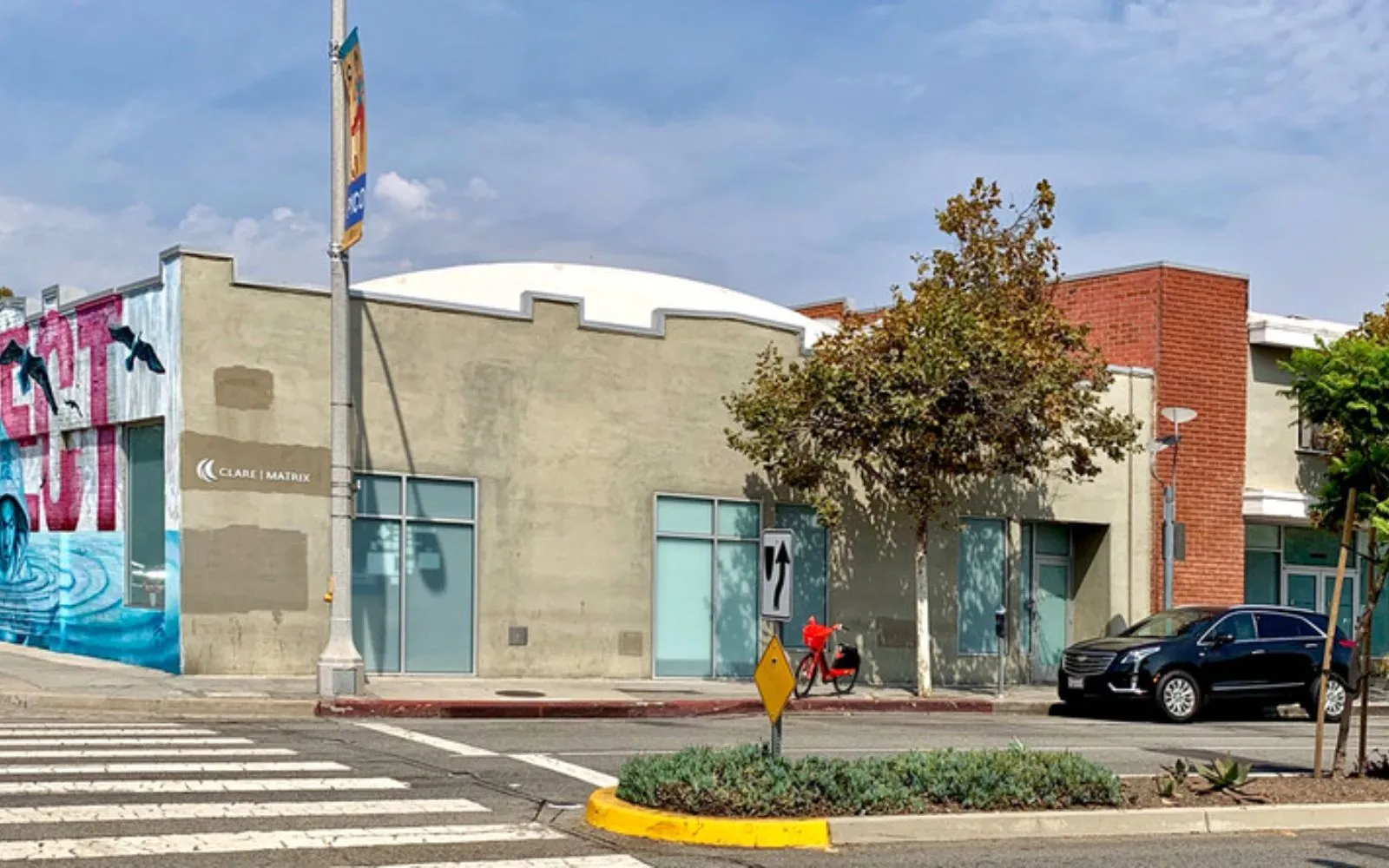CLARE | MATRIX Men's Treatment Program Information
Treatment
Who We Treat
- Male and Female
- LGBTQ+
Treatment Focus
- Co-Occurring Disorders
- Drug Addiction
- Alcohol
Approaches
- 12-Step-Based
- Personalized Treatment
- Evidence-Based
- Twelve Step
- Family Therapy
- Group Therapy
- 1-on-1 Counseling
- Life Skills Training
- Relapse Prevention Counseling
Conditions We Treat
- Trauma
- Co-Occurring Disorders
Substances We Treat
- Alcohol
Languages
- English
Aftercare
- Discharge Planning
- Professional Re-entry Support
- Drug Screening
- Employment Counseling
- Housing Services
- Continuing Care
- Employment/Vocational Counseling
- Housing Support
- Support Meetings
- Alumni Events & Get-Togethers
Level of Care
- Outpatient
- Residential Rehab
- Co-Occurring Mental Health
- Aftercare/Continuing Care
Experience
On-Site Amenities
- Air-Conditioned Rooms
Personal Amenities
- Private or Shared Rooms
On-Site Activities
- Games
Special Considerations
- Gender-specific groups
Smoking and Vaping Policy
- Smoking Allowed in Designated Areas
- Vaping Allowed in Designated Areas
Accreditations
-
Commission on Accreditation of Rehabilitation Facilities (CARF)
CARF accreditation is a prestigious recognition for rehabilitation and human service organizations. It signifies that an organization meets high-quality standards and is committed to providing top-level care. CARF conducts rigorous evaluations to ensure compliance, enhancing an organization's credibility and reassuring clients and funders of exceptional service quality. This accreditation promotes excellence and continual improvement in the rehabilitation and human services field.

Additional Locations
Find the best treatment options. Call our free and confidential helpline today!









